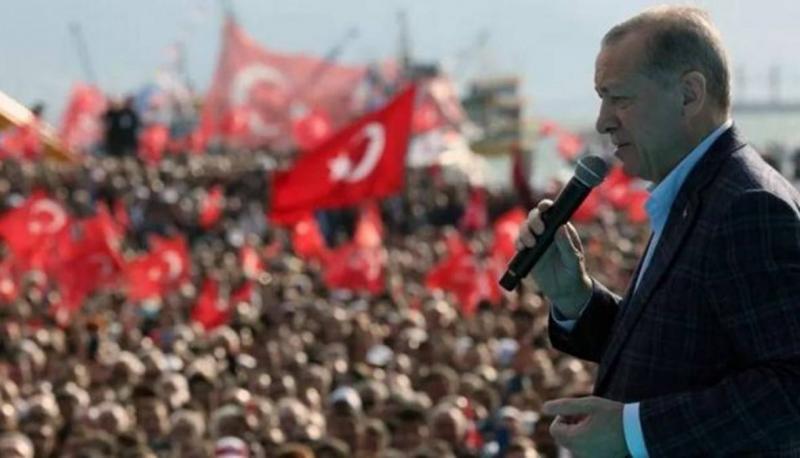Today's presidential election puts Recep Tayyip Erdogan in a fierce race against his opposition rival Kemal Kilicdaroglu. It is hard to believe that the combative politician who has ruled Turkey with an iron fist would willingly admit defeat and step down quietly. There is a palpable sense of uncertainty, anxiety, anticipation, and tension in the streets of the country regarding what the results may bring for the second largest country in Europe with a population of 85 million. A significant number of Turks, including a new generation of voters, are eager for change.
Polls indicate a lead for Kilicdaroglu, but Erdogan may still win due to his strong support base among the religious working class in Central Anatolia. According to the Turkish voting system, any candidate wins by obtaining more than 50% of the votes, and if no candidate achieves this percentage, a runoff election determines the winner. This is a likely scenario, as polls show neither Erdogan nor his opponent achieving a majority.
Erdogan and his Justice and Development Party have steered Turkey away from the secular model of Ataturk towards an agenda with Islamic references. His opponents describe him as a "sultan aspiring to rival Ataturk as a historical figure." Three days before the vote, Erdogan continued to showcase on television the previous successes represented by major projects in defense, gas, and industry.
However, his chances have been harmed by the deteriorating economy and what critics consider a lukewarm response to the earthquake, especially after it was raised that some construction contractors in the most affected areas escaped punishment despite previous building violations, worsening the vulnerability of buildings to earthquakes. Analysts indicate that "inflation and economic crises have historically led to the downfall of every Turkish government deemed responsible for the mismanagement of state affairs."
Supporters and critics alike credit Erdogan and his team for early achievements that improved the conditions of the poor by providing electricity and water supplies, increasing per capita income, distributing wealth, promoting healthcare, and building schools, medical care centers, roads, bridges, and new airports.
After successive electoral victories, Erdogan's tolerance for any challenge to his authority has faded, and the decline towards authoritarian rule has become more evident. The president has weakened key state institutions, and former close allies have switched to the opposition ranks. Today's vote could become a turning point.




